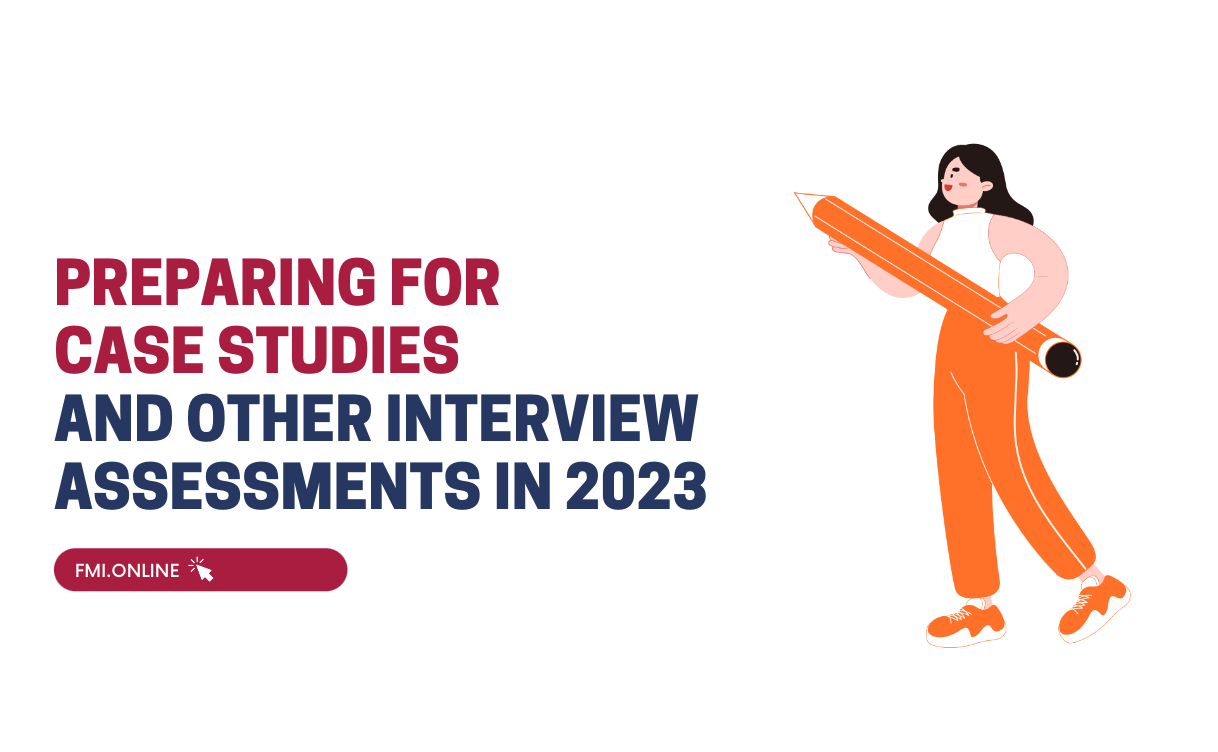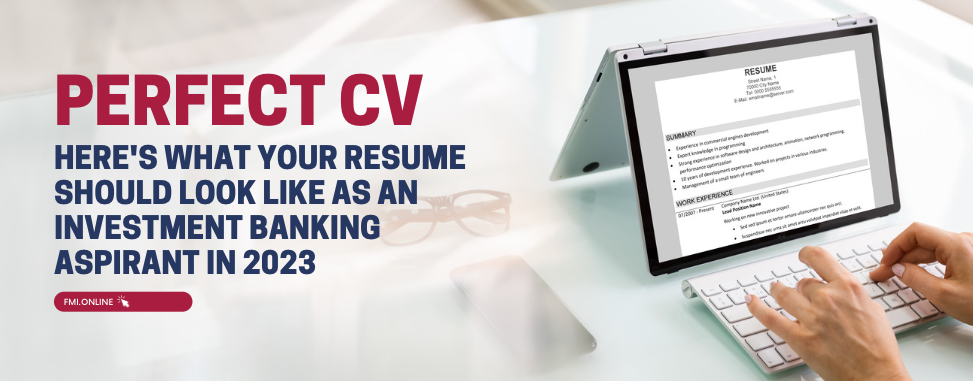A balance sheet is one of the three key financial statements, the other two being income statement and cash flow statement. It is a representation of the company’s assets (what it owns), liabilities, (what it owes) and shareholders’ equity (what is owned by shareholders). A balance sheet can be instrumental to you if you run a business, if you are an accounting student, or if you work in the financial sector. Hence, in this article, we help you understand some of the lesser known facts about balance sheets:
1. Balance sheet is prepared at a given date:
A balance sheet shows a company’s financial position as at a given date. Oftentimes, this date is the end of the fiscal year. Unlike an income statement, which is prepared for a period of time such as a quarter or six months or a year, a balance sheet is furnished for a single point in time.
2. A balance sheet is also called statement of financial position:
Since this financial tool states a company’s position at a particular time, it is also, although less commonly, called the Statement of Financial Position.
3. A balance sheet must be well, balanced:
As the name suggests, a balance sheet must demonstrate an equilibrium. This is between the assets, liabilities and shareholder’s equity. A company’s assets must equal their liabilities plus shareholders’ equity
4. There are typically 5 broad parts to a balance sheet:
Within its 3 major components, a balance sheet encompasses 5 key broad categories:
a. Current assets: items a company owns that are liquid (can be turned into cash) within one year such as accounts receivable, inventory, cash etc.
b. Non-current assets: items a company owns for a more permanent time period such as property, equipment etc.
c. Current liabilities: debt due within one year such as accounts payable, sales tax payable, wages payable etc.
d. Non-current liabilities: debt due beyond one year like long-term debt
e. Shareholders’ equity: shareholders’ investment and retained earnings
5. Any transaction in one part of the balance sheet must always offset another:
In order for a balanced sheet to remain balanced, any transaction reflected in one part of the balance sheet will also affect another. For example, if you pay off one of your creditors, you will reduce that amount from the liabilities but since it must have been paid using existing cash hence, that would also go down, once again balancing the statement.
6. A balance sheet can show a business’ net worth:
A balance sheet is the single most important instrument to determine a company’s net worth. Net worth is the value of the assets owned minus the liabilities owed. Positive net worth is when assets exceed liabilities and negative net worth is when liabilities eclipse assets.
7. Balance sheets are crucial for financial analysis:
Analysts use balance sheets to understand a company’s financial position. They are especially integral when evaluating a company for mergers, asset liquidations, expanding or paying debt. For example, during a merger or acquisition, the balance sheet can help determine what the company is worth, which can help decide the appropriate resultant amount to be paid for the merger or acquisition.
8. Balance sheets are useful to investors:
Potential and current investors can use the balance sheet to calculate various financial ratios to base their investment decisions on. For example, current ratio is current assets/current liabilities. Investors can use this to gauge short-term financial risk. Similarly, debt-to-equity ratio is calculated by dividing the total liabilities by the total stockholders’ equity. It shows how much equity relative to debt is used to finance the company’s assets.
9. Publicly-traded companies are required to file balance sheets:
All companies listed on the stock exchanges must file their balance sheets with a regulatory authority such as the Securities and Exchange Commission (SEC) in the United States, with provisions for doing so at the end of every quarter and year. Each country has its own equivalent of such an authority.
10. You can create a balance sheet using a template:
You do not need to start from scratch if you’re trying to create a balance sheet. You can use templates such as this one by Microsoft to make an instant balance sheet.
11. This is what a balance sheet looks like:
To gain a better understanding of what balance sheets comprise and look like, here are snapshots of year-on-year balance sheets from different sectors. As you will see in each of them, Total Assets = Total Liabilities + Total Equity.


Alibaba Group Holding Limited Balance Sheet:

12. A balance sheet is not an end-all be-all of a company’s financial health:
While a balance sheet is undoubtedly one of the most vital tools for financial accounting and analysis, it may not always reveal a complete picture of a company’s financial dexterity. That’s the reason financial statements come in sets of three including the Income Statement and the Cash Flow Statement. To accurately dissect a business’ financial health, an authentic analyst must always look at the three statements in tandem. A balance sheet, for example, records assets at their historical cost or the cost they were purchased at and not the current value. To find out the current value, you’d have to look at the depreciation expense under the income statement. Thus, a balance sheet does have its limitations. Further, as Henry Ford famously said, “The two most important things in any company do not appear in its balance sheet: its reputation and its people.”
13. You can learn how to analyse a balance sheet with the right training:
You may have studied making and reading a balance sheet while in school or university but real-time balance sheet evaluation may require a deeper understanding. You can gain this knowledge with the help of professional training such as this 5-hour course on financial analysis by the FMI. These can be beneficial if you’re looking to start a career in financial reporting and analysis, or if you’re a business, or even solely for investment purposes.
Conclusion:
Balance sheets are an essential tool in any analyst’s toolkit. The equation driving a balance sheet might seem simple enough with Assets = Liabilities + Equity yet each of these sections contains its own nuances, and together they provide a snapshot of a company’s finances. For this reason, only an elaborate understanding of this statement and its intricacies, combined with that of the income and cash flow statements can help you become adept at conducting a business’ financial analysis.












 60+ hours
60+ hours 9 courses
9 courses



